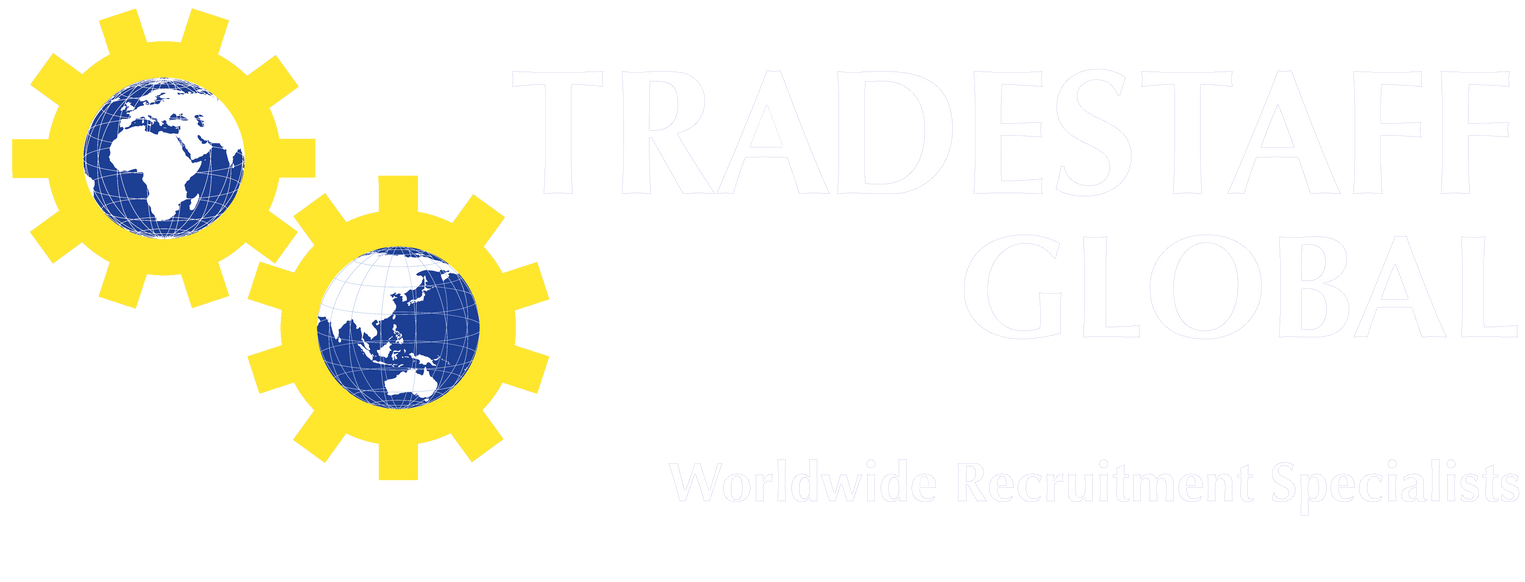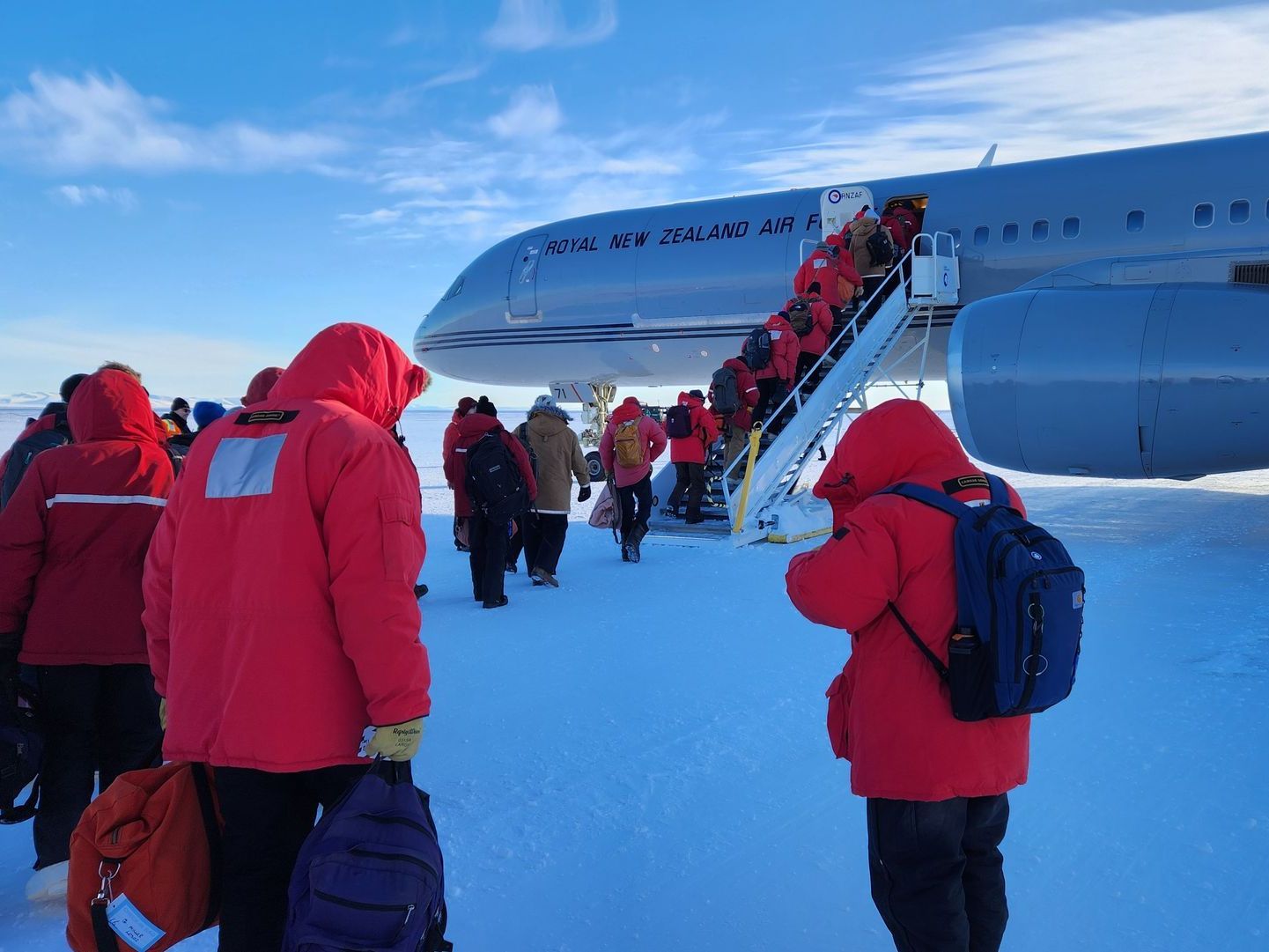While these requirements can vary depending on the employer, industry, and location, here are some common application requirements:
Relevant Qualifications
- Education and Certifications: You may need specific degrees, diplomas, or certifications depending on the field (e.g., engineering, healthcare, construction, mining, etc.). For example, a mining job may require a qualification in geology, while an offshore job might require safety and marine-related certifications.
- Trade Qualifications: If you're applying for a trades job (e.g., electrician, welder, plumber), you'll typically need to have completed an apprenticeship or have relevant certifications.
Experience
- Relevant Work Experience: Many overseas roles require candidates to have previous work experience in the specific industry or role. This helps ensure that you're familiar with the work environment, tools, and safety protocols.
- Overseas Experience
(if applicable): Some employers may prefer candidates with international work experience or experience working in remote areas.
Safety Certifications and Training
- Workplace Health and Safety: Common certifications include:
- First Aid/CPR certification.
- Working at Heights training.
- Confined Space Entry training.
- High-Risk Work Licenses (e.g., Forklift, Scaffolding, etc.).
- OSH (Occupational Safety and Health) or equivalent certifications, depending on the country.
Physical and Medical Fitness
- Some overseas roles may require candidates to pass a medical exam and demonstrate good physical health, as the roles can be physically demanding.
- Some companies may also require a fitness for work assessment, especially if the job is in a high-risk or strenuous environment (e.g., construction or mining).
- Drug and Alcohol Testing: Many employers conduct pre-employment drug and alcohol tests and may have regular testing on-site.
Visa and Work Permits (if applicable)
- You may need a valid work visa or work permit for the country you're working in.
- Employers may assist in the visa application process, but you should be prepared to provide necessary documents like a passport, job offer letter, and proof of qualifications.
References and Background Checks
- Professional References: Many employers will ask for references from previous employers to verify your experience and work ethic.
- Background Checks: Employers may conduct criminal background checks, particularly if the job involves working with sensitive materials or in high-security environments.
Availability and Willingness to Travel
- Flexibility: Whether it be a FIFO role or a fixed-term contact, they can involve working on a rotational schedule (e.g., 2 weeks on/2 weeks off, 3 weeks on/3 weeks off), or being away from home for an extended period of time, so being flexible with your availability and willing to travel is essential.
- Adaptability: Working in remote locations can require a high level of adaptability, as living conditions may be basic, and there may be limited amenities or social interaction.
Skills and Personal Attributes
- Technical Skills: Depending on the role, you may need to possess specific technical skills relevant to the job (e.g., machinery operation, troubleshooting, welding).
- Soft Skills: Employers value traits like teamwork, problem-solving, communication, and the ability to work independently.
- Cultural Sensitivity: If the job is overseas, having an understanding of and respect for different cultures may be important, particularly when working with international teams.
Application Documents
- Updated Resume/CV: Highlighting your relevant experience, skills, and certifications.
- Cover Letter: Tailored to the job, showing why you're interested in the role and how you meet the qualifications.
- Certifications: Copies of safety certifications, professional licenses, and academic qualifications.
- ID Verification: You may be required to submit a copy of ID verification in the way of licences, passports etc.
Interview Process
- Be prepared to discuss your experience, motivation for applying for an overseas role, and your ability to handle the challenges of working in remote locations.




